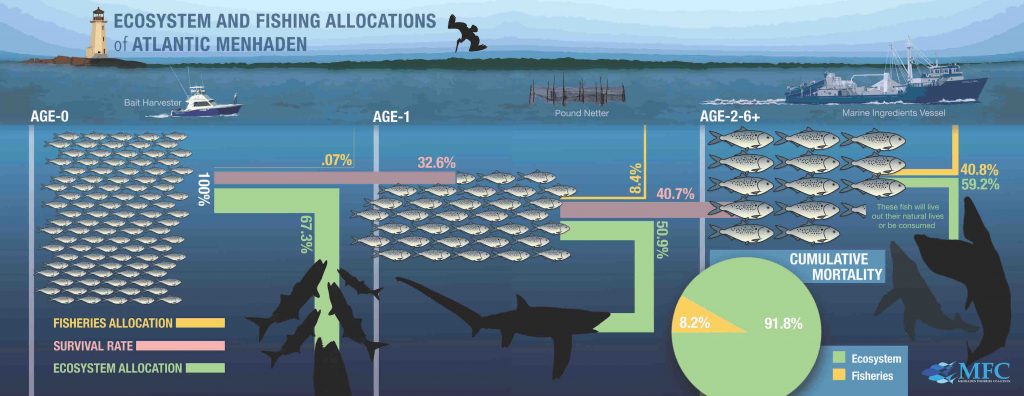August 10, 2018 — The recreational fishing industry today expressed its appreciation to Rep. Rob Wittman (R-Va.) for introducing H.R. 6660, the National Fish Habitat Conservation Through Partnerships Act. This legislation will authorize a national program to conserve, restore and enhance fish habitat across the country for the benefit of recreational fishing.
“America’s 49 million recreational anglers and the 800,000 jobs supported by recreational fishing depend on healthy fisheries resources,” said Mike Leonard, Conservation director for the American Sportfishing Association. “The sportfishing industry is grateful to Rep. Wittman for his continued commitment to fisheries conservation by introducing the National Fish Habitat Conservation Through Partnerships Act. This legislation will authorize and improve upon a successful partnership-based program that unites anglers, industry, state and federal agencies and other partners to help restore fish habitat in Virginia and throughout the nation.”
The foundation for the National Fish Habitat Conservation Through Partnerships Act is the National Fish Habitat Partnership, a voluntary, non-regulatory and locally-driven program housed within the U.S. Fish and Wildlife Service.
The National Fish Habitat Partnership program is currently comprised of 20 individual Fish Habitat Partnerships that focus on specific regions or habitat types. These partnerships include representatives of federal, state and local agencies, conservation and sportsmen’s organizations, private landowners and the business sector. To date, more than 600 successful conservation projects have been carried out through these partnerships, benefitting fish habitat and anglers throughout the country.


